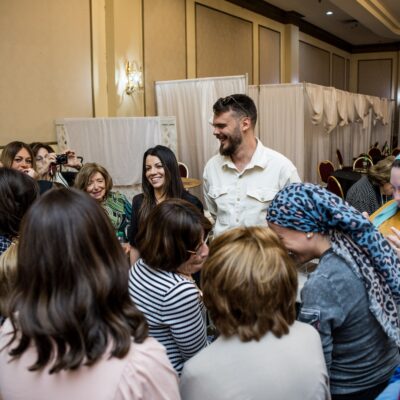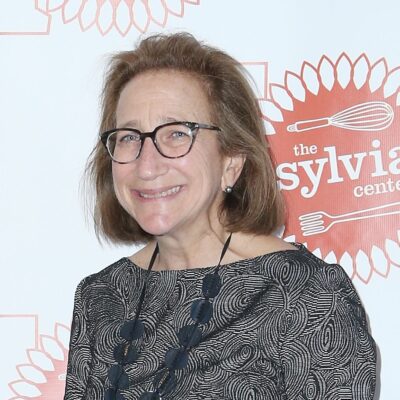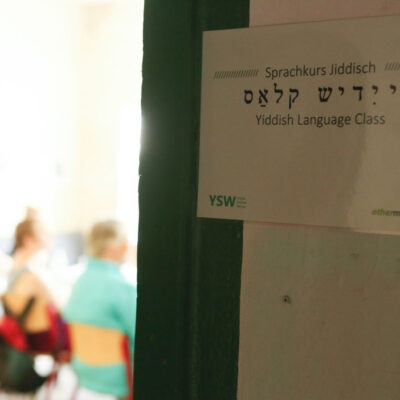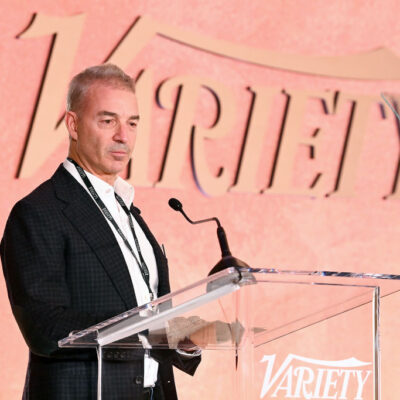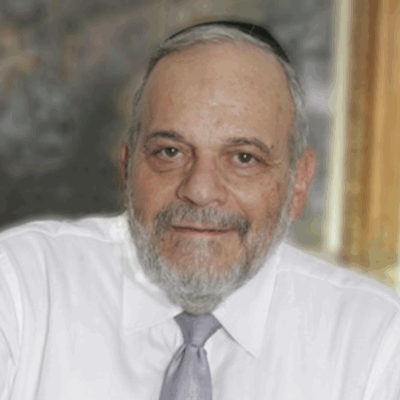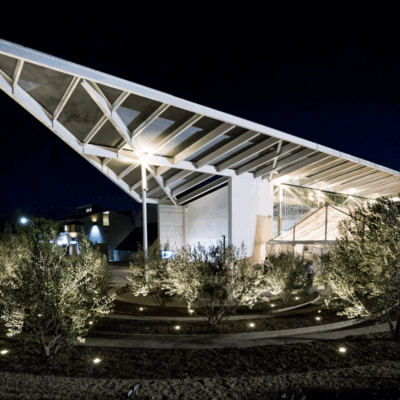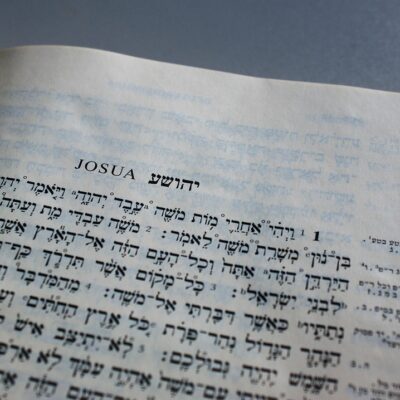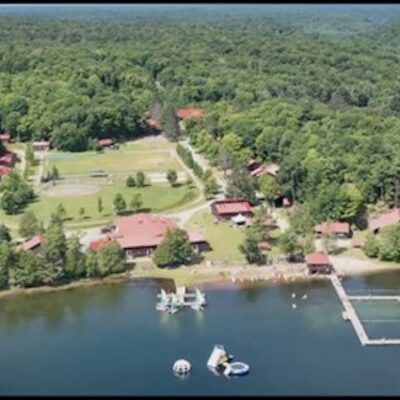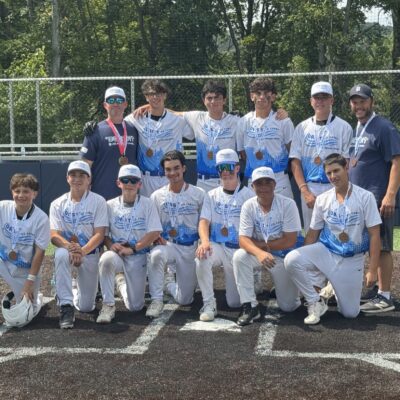Plan for the Unknown

By Rabbi Eliav Bock
With a call going out on our emergency walkie-talkie channel, in early morning hours of August 7, 2017, I awoke to the horrifying news that our main lodge was on fire, billowing flames that could easily start a massive forest fire! With flames shooting three stories high, and heat that could be felt from hundreds of feet away, we faced what I thought was going to be the biggest leadership challenge of my career as a camp director of Ramah in the Rockies.
As a community, we had trained for this moment when we had held fire drills every other week. Much went according to plan including, summoning the fire and sheriff’s department, who arrived within an hour to save the surrounding trees and to shepherd us all to safety.
What we had not planned for, however, was the following hours, days and weeks when we needed to keep our community together and informed about how we would continue camp at an alternate site, cooperate with all investigations and eventually rebuild our ranch over the following years. The tone we set with our staff during our first 4:30am meeting, with the building still smoldering in the distance, was the same we followed throughout the evacuation, relocation and rebuilding process: be transparent with everyone regardless of where the facts lead, listen to people’s ideas and emphasize our collective responsibility in creating our destiny.
It is for this reason that two weeks ago we were one of the first Jewish Overnight camps to release the draft of our 2021 operations plan. No one knows where the pandemic will be in the late Spring when we usually open camp. No one knows what precautions we will be required to implement. Nor can we sit around and just hope for the best. Rather, we must begin to plan, knowing that by understanding scenarios we will be ready to adjust as facts become clear.
The COVID-19 crisis does not have the same level of urgency as a fire, but the lessons learned during that emergency have influenced how we have communicated throughout this pandemic. From our first communications in the Spring of 2020, which indicated the unlikelihood of us operating in the summer, to giving definitive dates for informing our community of our plans and defining the process by which we were making decisions, we were able to build further trust with our community.
For those of us running Jewish institutions it is imperative that we continue to be transparent with our community; we must continue to communicate what metrics we are following, to whom we are turning for advice and why we are deciding one thing and not the other. In a typical year, the early winter is the time of year that many families begin to think about camping plans for the next summer. Indeed, for overnight camps like Ramah in the Rockies, we usually end the year about 75% of our way towards our summer camper enrollment. We know that this winter will be different than most, and parents will be making decisions much later into the Spring. Our hope is that by being transparent and engaging with our families throughout, even more will entrust us with the awesome responsibility of accepting care of their children amidst an ongoing pandemic.
After each communication last spring, we held open town hall meetings, and received numerous emails and phone calls with questions and suggestions. When we did make the decision to close for the 2020 season, many families decided to donate part of their tuition to camp in large part because we had been forthcoming with our existential reality and how we hoped to find a path forward.
If there was an enduring lesson from that scary experience in 2017 it is that transparency keeps a community together in challenging times and builds trust between all parties who can work together to envision a better future. Now, with the COVID pandemic enveloping us into the 2021 camping season, we are moving forward with this same principle.
Along with releasing our draft plan, we included a form for our community to ask questions or to make comments/ suggestions. We held our first town hall meeting with parents, campers, staff and donors on November 30, 2020 and heard even more feedback. Over the coming weeks our year-round team and our COVID taskforce will review all comments and determine what needs to change in the plan. We intend to update the draft plan, monthly through the Spring based on changing data, scientific understanding and best practices.
As we set into the winter month, families are facing months of unknowns. Will their children stay in virtual school, or return to in person learning? When will they next see grandparents and cousins? What will the summer look like? No one has all the answers.
Stanford Economist, Paul Romer, stated in 2004, “a crisis is a terrible thing to waste.” None of us would ever wish upon ourselves a fire or a pandemic. When emergencies arise, however, it is an opportunity for us, as leaders, to not only get past the immediate crisis, but to build a community that is stronger, more transparent, and more cohesive than it was before the emergency arose.
Rabbi Eliav Bock is Executive Director, Ramah in the Rockies and a Schusterman Fellow.

